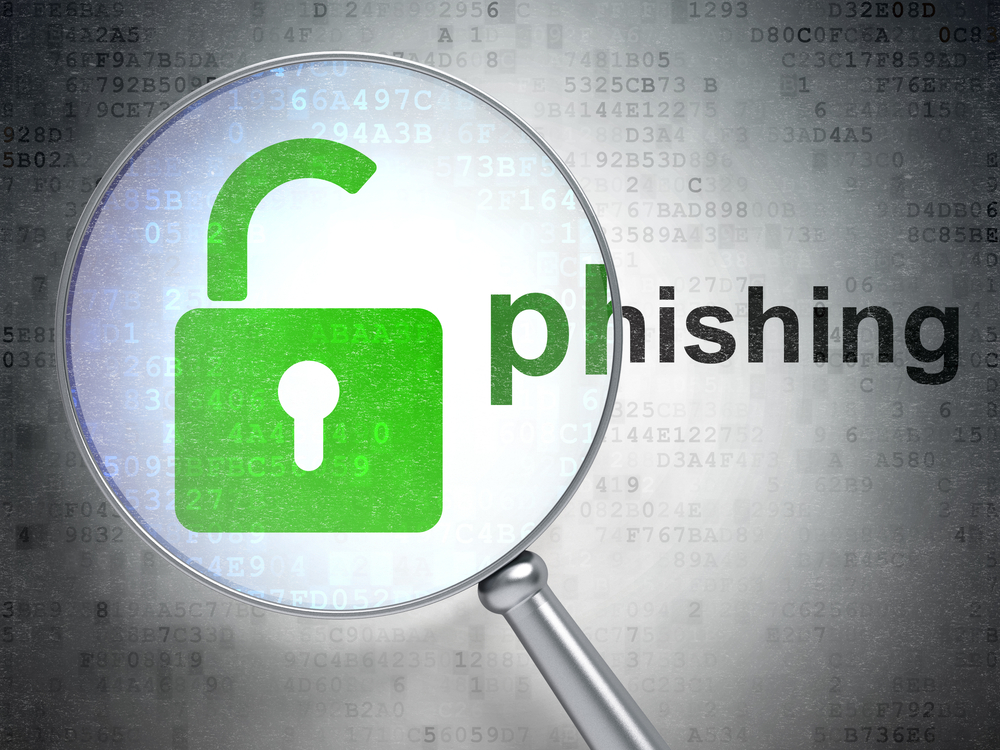
Want someone's personal data? Give them a free donut
While you might expect Homer Simpson to hand over personal details in exchange for a donut, you wouldn't expect cybersecurity professionals to do the same.
However, technology services provider Probrand has carried out a study at a cyber expo attended by UK security professionals, where attendees voluntarily shared sensitive data including their name, date of birth and favourite football team -- all to get their hands on a free donut.

Dark net malware becomes more targeted
The dark net has become a haven for custom-built, targeted malware, with threats tailored to specific industries or organizations outnumbering off-the-shelf varieties by two to one, according to a new study.
The research from application containment company Bromium also finds four in 10 dark net vendors are selling targeted hacking services aimed at FTSE 100 and Fortune 500 businesses.

BlueKeep Windows vulnerability is so serious, even the NSA wants you to patch your system
It's around three weeks since Microsoft first urged Windows users to patch their systems against the BlueKeep (CVE-2019-0708) vulnerability. Concerned that not enough people were taking notice, the company then issued a further warning stressing the importance of installing a patch.
Now the NSA has got involved, joining Microsoft in begging users to secure their Windows XP and Windows 7 computers. The agency says that is "concerned that malicious cyber actors will use the vulnerability in ransomware and exploit kits containing other known exploits, increasing capabilities against other unpatched systems".

SecureAuth enhances identity management with intelligent cloud service
Secure identity company SecureAuth is launching enhancements to its solution with the announcement of Intelligent Identity Cloud.
This gives CISOs and IT professionals the ability to deploy the same capabilities in the cloud, on-premises, or as a hybrid of the two, addressing business demands of agility and dramatically improving identity security.

iOS app developers take shortcuts on security
Despite Apple mandating developers to build end-to-end encryption into their apps, a high number of apps don't comply, according to a new report.
The study from mobile security company Wandera analyzed more than 30,000 of the iOS apps most commonly used by employees and found that more than two-thirds of apps don't enable App Transport Security (ATS).

Secure contact center payment solution comes to the cloud
Contact center data security specialist Semafone is making its Cardprotect available as a cloud solution in the US for the first time.
Companies now have the choice of running Cardprotect on premise, as a managed appliance, in a hybrid could or fully cloud solution. The new, cloud version enables a much faster, more scalable, flexible and cost-effective deployment, as there is no need for contact centers to purchase or manage equipment.

64 percent of organizations believe they have suffered a breach due to privileged access
A global survey of over 1,000 IT security decision makers by privileged access management specialist BeyondTrust reveals that 64 percent believe they've had either a direct or indirect breach due to employee access in the last year, and 62 percent believe they've had a breach due to vendor access.
Employee behavior continues to be a challenge for a majority of organizations. Writing down passwords, for example, is cited as a problem by 60 percent of organizations, while colleagues telling each other passwords was also an issue for 58 percent of organizations in 2019.

Medical and financial details of 12 million Americans exposed in Quest Diagnostics data breach
Medical testing firm and clinical laboratory Quest Diagnostics has revealed that a data breach has led to the records of nearly 12 million of its customers being exposed. The data includes financial data, Social Security numbers and medical information.
Quest Diagnostics was itself not the target of hackers, but the American Medical Collection Agency (AMCA) was. The company is used by Optum360 for billing collections services, and Optum360 is used by Quest Diagnostics.

Data breaches exposed 2.8 billion consumer records in 2018
New data from digital identity platform ForgeRock reveals that data breaches cost US organizations over $654 billion as well as exposing more than 2.8 billion consumer records.
Personally identifiable information (PII) was the most targeted data for breaches in 2018, accounting for 97 percent of all breaches, with unauthorized access encompassing 34 percent of all attacks.

Phishing attacks grow in sophistication to evade defenses
Despite businesses investing in next-gen technologies, phishing threats continue to become more sophisticated and effective according to a new report.
The study from intelligent phishing defense company Cofense shows how threat actors, armed with an ever-growing arsenal of tactics and techniques, continue to tweak their campaigns and enhance their capacity to deliver malware, ultimately getting more messages past perimeter controls to user inboxes.

5 reasons your organization needs to adopt a zero trust security architecture
Traditionally, network architectures were designed and secured according to the "castle-and-moat" model. Like a medieval fortress, an enterprise data center was imagined to have impregnable and unbreachable walls. All traffic entering or exiting would pass through a single access point, where a security gateway appliance would sit, like a knight in shining armor. This device would police the network traffic on a packet-by-packet basis, allowing traffic it deemed ‘safe’ unrestricted access to the network’s trusted interior.
Although this model is as outdated as chain mail is for 21st-century military combat, its legacy endures in assumptions and presuppositions that can prevent business decision makers from choosing the most effective cybersecurity tools and solutions for today’s complex threat landscape.

81 percent of SMEs think AI is crucial to cyber security
New research from threat detection specialist Senseon looking at the state of cyber security in SMEs reveals increasing uncertainty about whether the investment into the security solutions they’re currently using is worth the cost.
The survey also reveals that SMEs have been slow to implement AI solutions, despite the vast majority of SMEs surveyed (81 percent) thinking that AI will be fundamental to the future of cyber security.

Microsoft implores Windows users to install patch for wormable BlueKeep Remote Code Execution vulnerability
Two weeks after warning about a critical Remote Code Execution vulnerability in Remote Desktop Services, Microsoft is concerned that around a million internet-connected computers remain unpatched and vulnerable to attack.
The company says that there is a risk that CVE-2019-0708, or BlueKeep, could turn into the next WannaCry if steps aren't taken to secure systems. While there is not yet any sign of a worm that exploits the vulnerability, proofs of concept do exist, and it could only be a matter of time before this changes. Microsoft is taking the matter so seriously, that it even released security patches for the unsupported Windows XP, Vista and 2003 -- people just need to install them.

Undetectable HiddenWasp backdoor malware hits Linux users, allowing for full control of infected systems
Using code from the famous Mirai worm and the Azazel rootkit, HiddenWasp is a newly discovered malware strain targeting Linux systems.
HiddenWasp is slightly unusual in having Linux in its sights, and the targeted remote control tool is able to avoid detection by all major antivirus software. The malware is described as "sophisticated" as it comprises a deployment script, a trojan and a rootkit. This an advanced backdoor attack tool that allows for complete remote control of a system.

Staff break IT rules in order to do their jobs with management the worst offenders
A new survey of more than 3,000 people around the world finds 46 percent of employees access personal documents on their work device without the IT department's permission.
The study from Snow Software also shows 41 percent of global employees are going behind IT's back to get professional software and applications.
